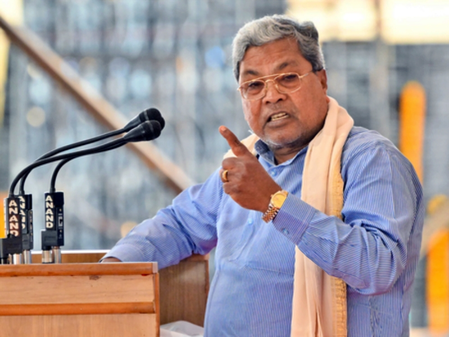Afghanistan’s Northern Alliance Fades Away: What’s Happening Four Years After Taliban Takeover?
It’s been over four years since the Taliban swept back into power in Kabul after U.S. troops pulled out in 2021, and Afghanistan’s political scene has changed forever. The once-powerful Northern Alliance, which fought hard against the Taliban in the 1990s and early 2000s from its base in the Panjshir Valley, has basically crumbled. Today, it’s just a few scattered voices speaking out from abroad, with zero real support inside Afghanistan or from the world.
Ahmad Massoud, the son of the famous anti-Taliban leader Ahmad Shah Massoud, is trying his best to bring back his father’s legacy. He’s stepping up as the leader of this so-called resistance movement. In recent months, he’s held conferences in big Western cities, pushing for political and money support to fight the Taliban. But it’s not like the old days. Back in the 1990s, countries like India and several Western nations backed the Northern Alliance with real help—political, logistical, and even moral. Now? The resistance feels totally alone and overlooked.
A top Afghan political figure, who spoke to without wanting to be named, says the Northern Alliance is pretty much "defunct" or dead. "A lot of its main leaders have either moved abroad for good or even joined the Taliban, ditching the old ideas. What’s left is just broken pieces with no real power," the leader explained. This collapse hits hard when you think about the group’s big history.
Remember, during the Taliban’s first rule from 1996 to 2001, India stood strong against them. New Delhi openly supported the Northern Alliance with all kinds of aid. Then came the 9/11 attacks, and the U.S.-led invasion used Northern Alliance fighters to topple the Taliban. That put the group right in the middle of Afghanistan’s big changes. But the world has moved on. With the Taliban firmly in charge and no foreign armies around, most countries—including India—are playing it smart and practical.
India hasn’t officially recognized the Taliban government yet, but it’s warming up to them step by step. They’ve reopened the Indian embassy in Kabul and sent humanitarian aid, like the recent shipment after that devastating earthquake. Plus, there are quiet diplomatic talks going on. In the past few months, India even handed over Afghan consulates in Mumbai and Hyderabad to Taliban control. Experts say the Afghan embassy in New Delhi might go to Taliban diplomats soon too.
"India is already talking with the Taliban and will probably ramp it up more, based on what’s best for the region and India’s own interests," the senior Afghan leader added.
For Ahmad Massoud and the few left in the Northern Alliance, things look pretty grim. The resistance against Taliban rule in Afghanistan seems to be losing steam fast, as global powers focus on dealing with the new reality in Kabul.



